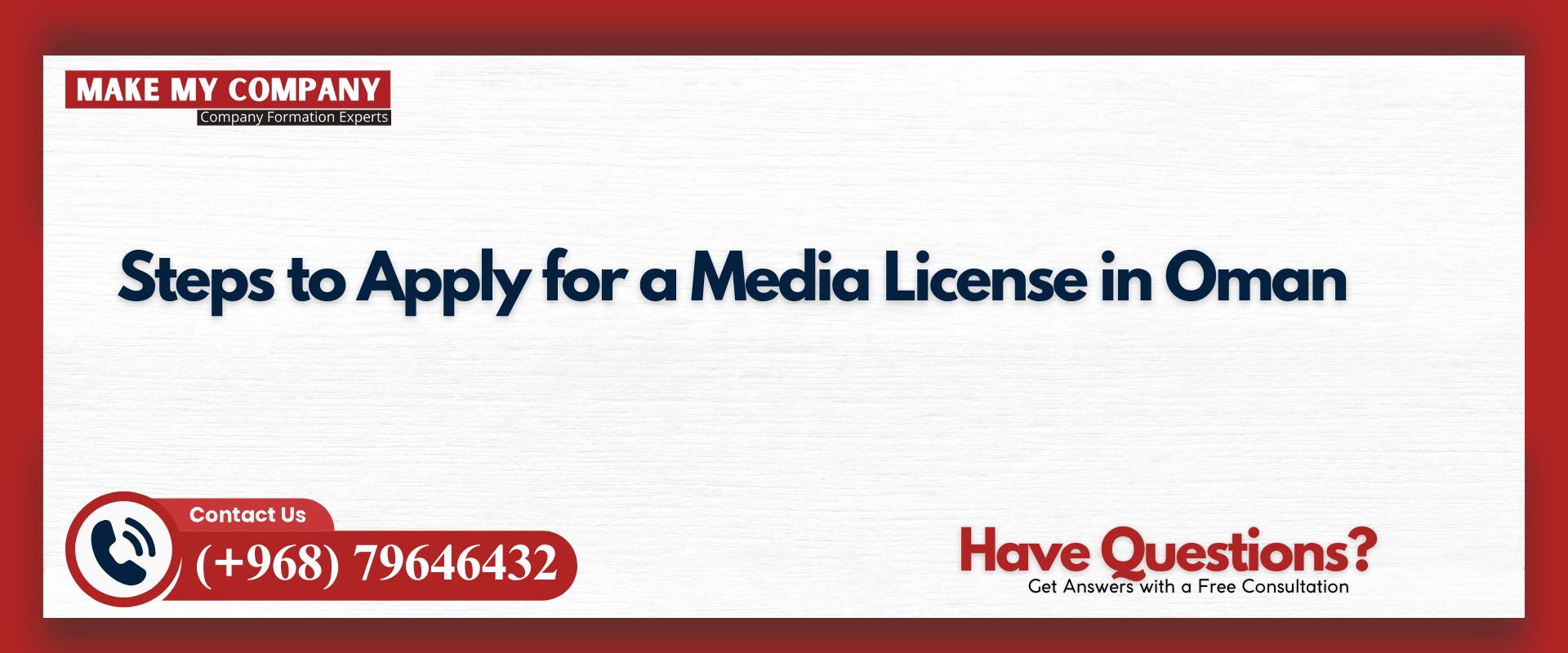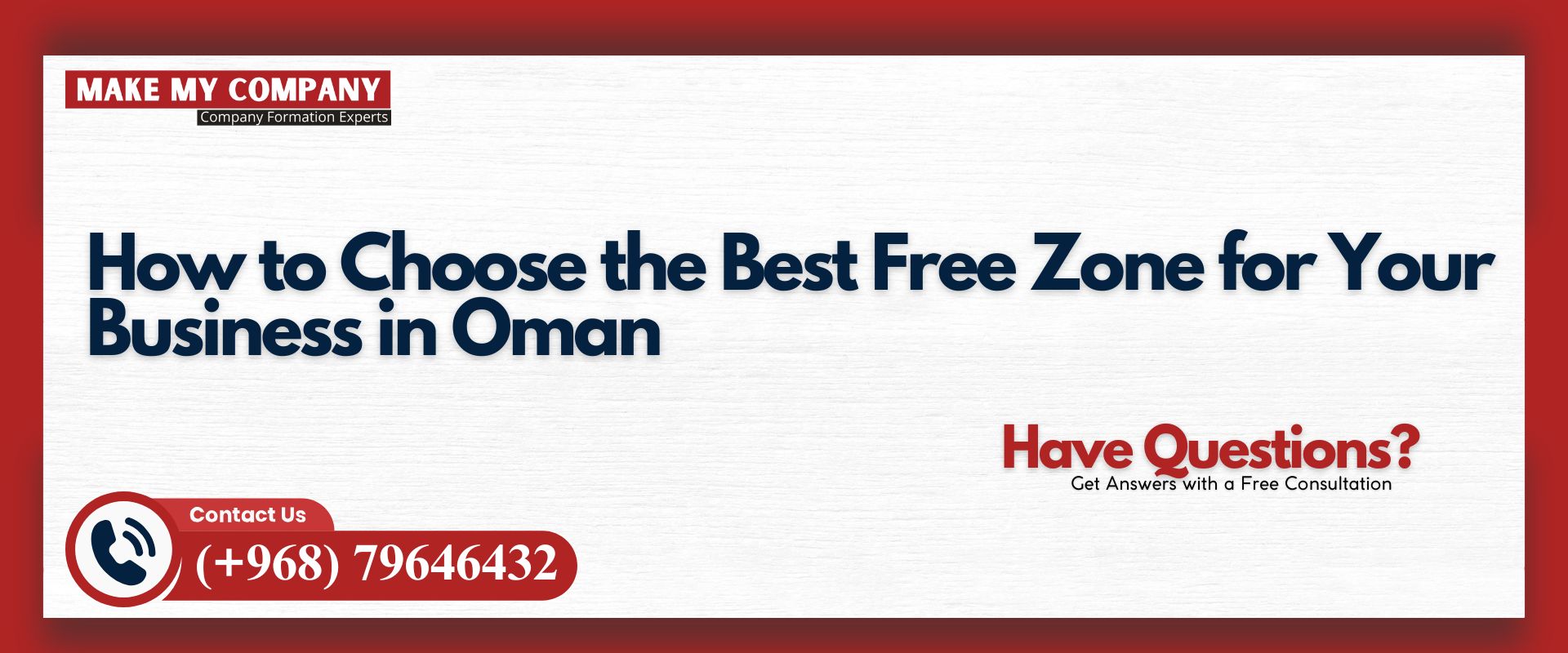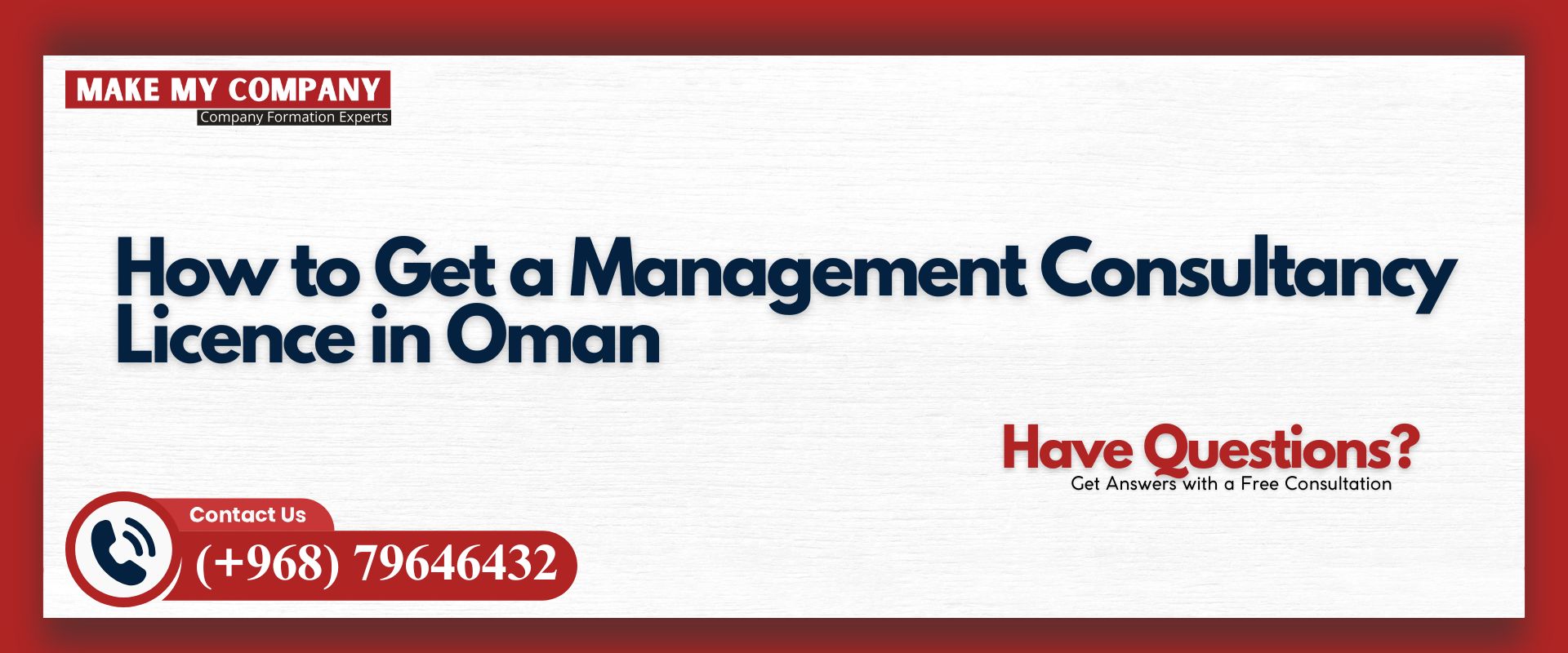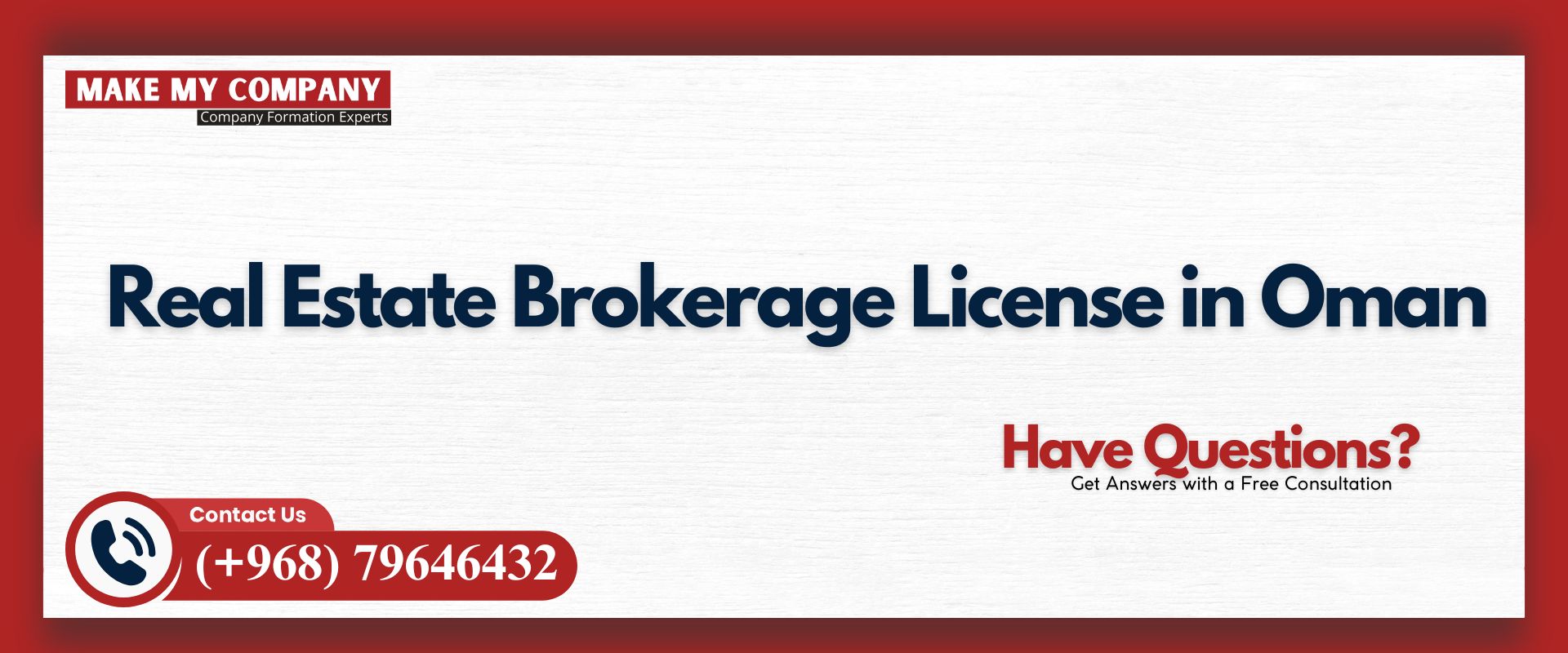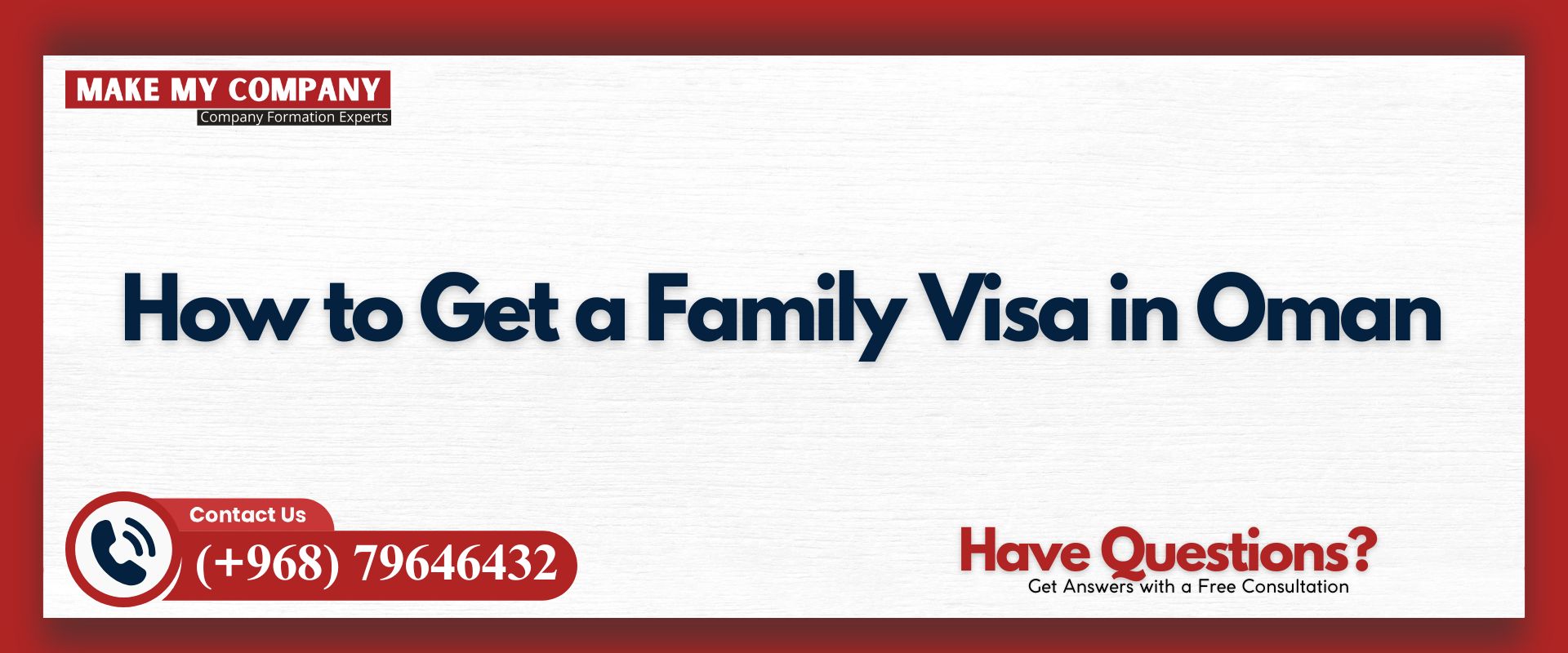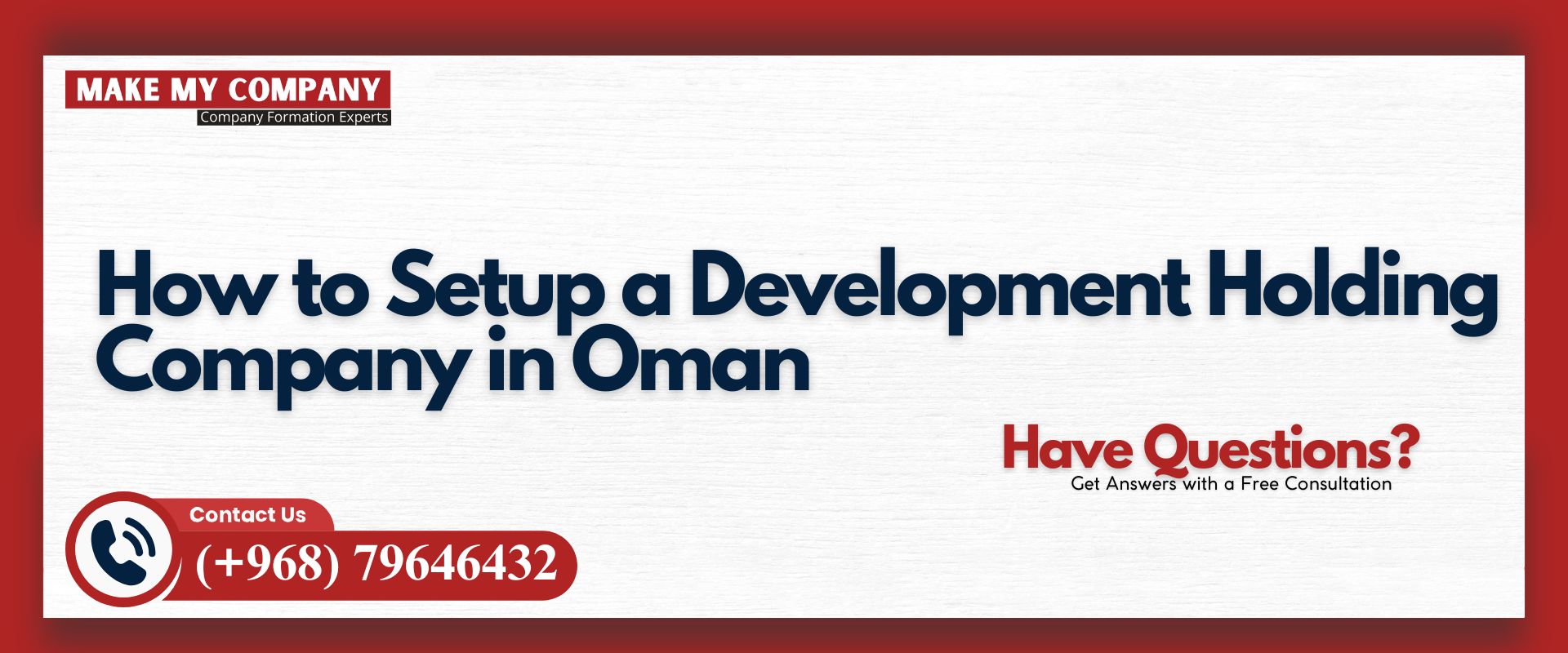Starting a media business in Oman requires more than just creativity—it demands compliance with the country’s regulatory framework. To legally operate in this sector, entrepreneurs, influencers, agencies, and corporations must obtain a media license in Oman. This official permit is issued by the Ministry of Information, ensuring that all media-related activities are conducted ethically, transparently, and in line with Omani law.
Whether you’re launching a publishing house, broadcasting company, advertising agency, or digital content platform, securing this license is the first step toward building a credible and successful venture. This guide explores the full process, including eligibility criteria, documents required, application steps, costs, benefits, and penalties for non-compliance.
What is a Media License in Oman?
A media license in Oman is an official approval that allows businesses and individuals to operate within the media industry. It covers a broad spectrum of activities such as broadcasting, publishing, film production, advertising, and digital content creation. Without this license, any media business risks legal penalties, operational suspension, and reputational damage.
The license ensures compliance with national policies and upholds professional standards across the sector. It is not limited to large corporations—content creators, influencers, and small agencies must also obtain approval before conducting monetized media activities. For example, Oman has introduced additional permits such as the Social Media License, which regulates influencer-driven advertising.
Importance of Obtaining a Media License in Oman
The importance of a media license in Oman extends far beyond legal compliance. It establishes your business as a credible, trustworthy, and ethical player in a competitive industry.
Key Benefits of Licensing:
- Legal protection against fines, closures, or disputes.
- Credibility and trust among clients, partners, and audiences.
- Eligibility for government-backed projects and sponsorships.
- Market opportunities, including collaborations with licensed entities.
- Student and audience welfare, ensuring media practices align with Omani cultural values.
By securing this license, you demonstrate your commitment to responsible journalism, advertising, and content creation.
Who Needs a Media License in Oman?
A wide range of businesses and professionals require a media license in Oman, regardless of scale.
Advertising Agencies
Any firm that develops, manages, and distributes advertising campaigns must hold a valid license.
Broadcasting Companies
Television and radio stations operating within Oman need licensing to transmit legally.
Publishing Houses
Newspapers, magazines, and digital publishers must be approved before releasing content.
Film and Production Companies
Businesses engaged in filmmaking, documentaries, or video production are required to register.
Digital Content Creators and Influencers
Even individual influencers and content creators producing monetized material must apply for approval to stay compliant.
Eligibility Criteria for a Media License in Oman
Before applying, businesses must meet eligibility requirements set by the Ministry of Information:
Nationality and Residency
Applicants should be Omani nationals or companies legally registered in Oman.
Age Requirement
The applicant must be at least 18 years old.
Business Structure
The company must be structured as a sole proprietorship, partnership, or LLC.
Compliance Record
Applicants must have a clean record with no previous violations related to media.
Professional Qualifications
Relevant experience or certifications in media, journalism, or communications enhance approval chances.
Documents Required for Media License in Oman
Preparing accurate documentation is vital for a smooth application process.
Business Registration Certificate
Proof of company registration with MOCIIP (Ministry of Commerce, Industry, and Investment Promotion).
Identity Documents
Passports, resident cards, and shareholder details.
Project Proposal
A clear plan outlining the business scope, target audience, and operations.
Curriculum Vitae and Certificates
For founders and employees in media roles.
Health and Safety Clearances
Premises must comply with safety standards and inspections.
Financial Statements
Proof of sufficient capital to sustain operations.
Step-by-Step Process to Apply for a Media License in Oman
The application process involves several stages that must be carefully followed.
Step 1 – Business Registration
Register your business entity through MOCIIP.
Step 2 – Prepare a Business Plan
Outline educational goals, financial projections, and operational structures.
Step 3 – Application Submission
Submit your application with all supporting documents to the Ministry of Information.
Step 4 – Review and Inspection
Authorities may inspect premises or request clarifications.
Step 5 – Final Approval and Issuance
Once approved, the license is issued, allowing operations to begin.
Cost of Media License in Oman
The cost of a media license in Oman varies depending on the type of business.
Application Fees
Initial processing fees (OMR 100–300).
License Fees
Annual license charges (OMR 500–1,000).
Additional Permits
Specialized approvals for broadcasting or publishing.
Consultancy and Legal Fees
Optional costs if using business setup consultants for support.
Budgeting for these expenses ensures a smooth start and prevents delays.
Penalties for Operating Without a Media License
Operating a media business in Oman without proper licensing can have severe consequences.
Financial Penalties
Fines imposed by the Ministry of Information.
Business Suspension
Authorities may halt all operations until compliance is achieved.
Blacklisting
Repeat offenders risk being permanently barred from the sector.
Legal Action
Serious violations may result in lawsuits or criminal proceedings.
Renewal Process for Media License in Oman
A media license in Oman is not permanent. To keep operating legally, businesses must ensure timely renewal. This renewal process maintains compliance with national regulations, protects credibility, and avoids penalties or disruptions to operations. Below are the key aspects explained in detail:
Annual Renewal
Most media licenses in Oman are valid for one year. Businesses must renew before the expiry date to continue operating. Delayed renewals can result in fines, suspension, or even cancellation of the license. Planning ahead ensures that operations remain uninterrupted.
Updated Documents
During the renewal process, companies must submit updated corporate documents, including financial statements, tax compliance reports, and any amendments to business ownership or structure. These updated records confirm the business is still operating within the regulatory framework and in good financial standing.
Renewal Fees
Annual renewal fees apply for maintaining a valid media license. The amount may vary depending on the type of media activity (publishing, broadcasting, advertising, or production). Timely payment of these fees is essential to avoid late penalties or delays in license approval.
Compliance Review
The Ministry of Information may conduct a compliance review as part of the renewal process. This includes verifying whether the media business adhered to Omani media laws, advertising standards, and content regulations. Businesses must demonstrate responsible practices, ethical operations, and adherence to licensing conditions.
Benefits of Having a Media License in Oman
Securing a media license in Oman is not just about legal compliance—it’s a strategic decision that builds long-term sustainability for media entrepreneurs and professionals. From ensuring credibility in the marketplace to unlocking government incentives, a valid license creates a strong foundation for business growth. Below are the most important benefits explained in detail:
Legal Protection
A media license provides full legal authorization to operate in the country’s media sector. This protects businesses from penalties, shutdowns, or lawsuits that arise from unlicensed operations. Having the license gives you peace of mind, allowing you to focus on creativity and content delivery without worrying about regulatory risks.
Credibility
Licensed entities gain instant recognition and trust from clients, audiences, and collaborators. Whether you are running an advertising agency, a publishing house, or a broadcasting company, being licensed signals professionalism. Parents, readers, viewers, and partners are far more likely to engage with media businesses that are officially approved by the government.
Market Access
With a media license, businesses gain access to wider markets and opportunities. Many collaborations, sponsorships, and advertising contracts in Oman are only available to licensed firms. Additionally, licensing opens doors to international partnerships, enabling Omani media businesses to compete on a global stage.
Expansion Opportunities
A media license in Oman is not limited to one area of operation. Once obtained, it creates opportunities to scale into other sectors of the industry. For instance, a publishing business can expand into digital media, film production, or even broadcasting. This flexibility gives entrepreneurs the chance to diversify their revenue streams.
Government Incentives
Licensed media businesses may qualify for government-backed incentives, including tax exemptions, subsidies, and grants. Oman’s Vision 2040 places emphasis on developing media and creative industries, making licensed businesses more likely to benefit from government programs that support innovation and growth.
Support Services for Media License Applications in Oman
Navigating the media license process in Oman can be complex. Many investors rely on experts for:
- Business registration support.
- Documentation and application filing.
- Legal advisory services.
- Compliance and renewal management.
Working with experienced business setup consultants ensures your application avoids delays and rejections.
Conclusion
Obtaining a media license in Oman is essential for any business or individual entering the media industry. It ensures legal compliance, builds credibility, and opens opportunities for growth. While the process involves documentation, approvals, and fees, the long-term benefits outweigh the challenges. Collaborating with a business setup company in Oman helps streamline the journey, allowing you to focus on content creation and business expansion.
FAQs
How much is a media license in Oman?
A media license in Oman typically costs between OMR 500 and OMR 1,000 annually, depending on the type of business activity.
Can influencers get a media license in Oman?
Yes, influencers who create monetized content are required to obtain a media license in Oman, often through the Social Media License framework.
How long does it take to get a media license in Oman?
On average, the process takes 2–4 weeks, depending on document accuracy and approvals.
What happens if I operate without a media license?
Operating without a license can lead to fines, suspension, or legal action, which can harm your business reputation.



